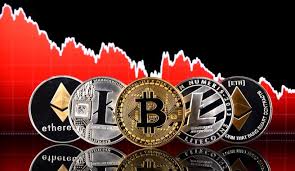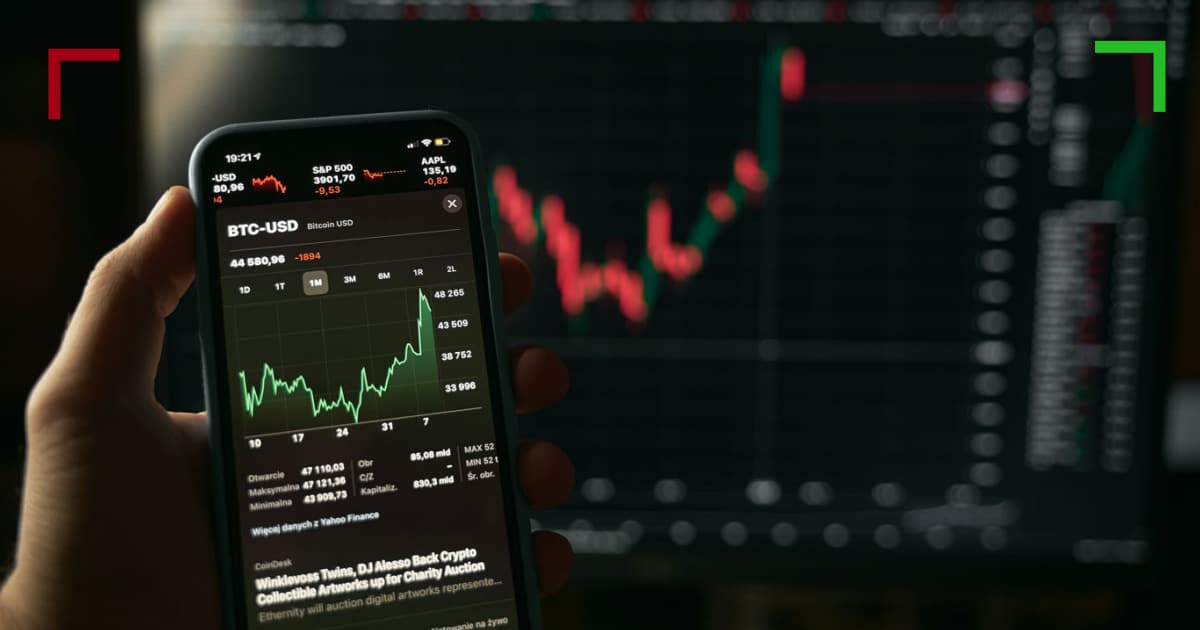
Understanding Crypto Trading Execution Speed
In the fast-paced world of cryptocurrency trading, execution speed can be the difference between profit and loss. Traders often find themselves at the mercy of market fluctuations, making it essential to understand the factors that can impact execution speed. The importance of execution speed is highlighted when considering the volatility of cryptocurrency prices, which can change dramatically in a matter of seconds. To illustrate the critical nature of execution speed, various scenarios can demonstrate how delays in trade execution can lead to missed opportunities, substantial losses, or even stopped-out positions. For more insights on market dynamics, you may refer to this link: Crypto Trading Execution Speed https://www.freedomsphoenix.com/Forum/269653-2019-10-10-sino-us-trade-talks-resume-no-progress-reported.htm.
What is Execution Speed in Crypto Trading?
Execution speed refers to the time it takes for a trade order to be processed and executed on a trading platform. In crypto trading, where prices may fluctuate rapidly, execution speed is not just about speed but also about reliability. Traders employ various strategies to gain an edge, and those who can execute trades without delay often find success in both bullish and bearish markets. The ideal situation is when the time it takes to place your order matches the speed at which the market moves, allowing traders to capitalize on price changes instantly.
The Role of Latency
Latency, or the delay between a trader’s action and the market’s response, plays a crucial role. Latency can be caused by several factors, including internet speed, the trading platform, and even the hardware being used. High latency can lead to less favorable trade execution prices, impacting overall trading performance. Forex and stocks have traditionally had their own platforms and mechanisms; the decentralized nature of cryptocurrencies adds another layer of complexity. This results in varying latencies based on a trader’s geographical location, the exchange they are using, and the network load at the time of trading.

Technological Factors Impacting Execution Speed
Multiple technological factors can influence execution speed, including:
- Trading Platform Performance: The efficiency of the trading platform can significantly influence execution speed. Platforms that use optimized algorithms will process orders faster.
- Order Types: Different order types, such as market orders and limit orders, can also impact execution speed. Market orders are typically filled more quickly, while limit orders might remain unfilled if the market does not reach the specified price.
- Connection Quality: A stable and high-speed internet connection is crucial. Traders with poor connectivity may experience delays that affect the outcome of trades.
- Exchange Infrastructure: Different exchanges have varying levels of infrastructure and technological strength, which can lead to discrepancies in execution speeds for the same trading pairs.
Strategies for Improving Execution Speed
Here are some strategies traders can implement to enhance their execution speed:
- Choose the Right Exchange: Selecting an exchange renowned for high performance and minimal downtime is critical. Look for exchanges with a proven track record of reliability and speed.
- Optimize Your Setup: Ensure the hardware being used is capable of supporting high-speed trading. Faster processors and better network interfaces can reduce latency.
- Use Direct Market Access: Some platforms offer direct market access (DMA), which allows traders to interact directly with the exchange’s order book. This can significantly improve execution speeds.
- Limit Order Types: While market orders are executed quickly, they can result in slippage. Using limit orders thoughtfully can help achieve better prices, albeit with slightly longer execution times.

The Psychological Aspect of Execution Speed
Execution speed also has a psychological component. Traders who can execute orders swiftly often feel more in control, which can lead to better decision-making. Conversely, delays can create anxiety and lead to hesitation in executing trades. Moreover, in times of extreme market volatility, traders might feel rushed, prompting them to execute trades that they might otherwise reconsider. Understanding one’s psychological biases can help mitigate the adverse effects of execution delays.
Measuring Execution Speed
Measuring execution speed can be a valuable exercise for traders. It involves tracking the time from when a trade order is submitted to when it is executed. Many sophisticated tracking tools are available that can help monitor execution speed and provide insights into latency experiences with different trading pairs and times of day.
Conclusion
In the world of cryptocurrency trading, execution speed is of paramount importance. Traders who take the time to understand their latency issues, choose the right platforms, and implement strategies to enhance their execution speed will likely enjoy a competitive advantage. As the cryptocurrency market continues to grow and evolve, ensuring quick and reliable execution of trades will only become more crucial for success. Be aware of not only the technological aspects but also the psychological factors that can influence trading decisions, and equip yourself with the best tools and knowledge to thrive in this rapidly changing environment.

